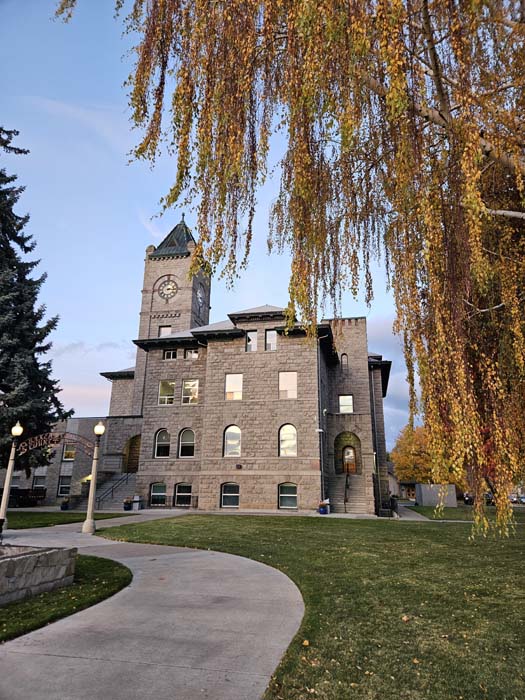The PERS problem
Published 1:25 pm Friday, May 18, 2018
We’re not especially bothered by the proposed budget that Baker City’s Budget Board approved Tuesday for the fiscal year that starts July 1. It’s a straightforward spending plan that could fairly be described as status quo.
But we applaud Randy Daugherty, a former city councilor who served as Budget Board chairman, for pointing out that the city has a pending financial problem to deal with.
And it arrives in less than a year.
Daugherty’s lone “no” vote on the budget was symbolic, but it was hardly without meaning.
The troubling tale is told in the budget message from City Manager Fred Warner Jr., and it’s known by an acronym that has become anathema to cities, counties and school districts across the state.
PERS.
The letters stand for the Public Employees Retirement System, which provides pensions for most employees in state agencies, local governments and school districts. Taxpayers foot the bill for PERS, and that bill is projected to rise substantially starting July 1, 2019, because PERS has a $22 billion deficit.
Based on projected PERS rates — the actual rates haven’t been set — Baker City officials estimate the city’s PERS tab will increase by about $220,000 for the fiscal year that starts July 1, 2019. To cover that the city will have to either trim spending or raise revenue, or both. But considering that less than a year ago the city imposed a public safety fee of $3 per month for households and $6 for businesses, forcing residents to pay even more — and for something that provides no services to the public — is neither politically palatable nor, frankly, morally defensible.
Warner contends that although the proposed budget for 2018-19 calls for the city to spend about $155,000 more than it takes in, he’s confident the numbers are conservative and that in reality the city won’t have to plunder its cash reserves.
That had better be the case, because a year from now it’s possible that city officials won’t have any choice when it comes to digging into its savings.
Daugherty argues that the city should start cutting spending now, and his logic is sound. The city still has another month before the City Council has to formally adopt the budget. We understand that city officials considered all this while writing the draft budget. But if a third look yields even minor savings it will help to make next year’s decisions slightly less daunting.
From the Baker City Herald editorial board. The board consists of editor Jayson Jacoby and reporter Chris Collins.






